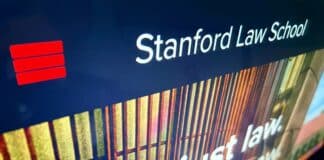UCLA has announced that it will offer a comparative literature course in Winter 2025, marking a milestone as the first humanities class at the university to utilize AI-developed materials.
The course will feature a textbook, class assignments, and teaching assistant resources created by “Kudu,” an AI system developed by UCLA.
“The platform was developed by Alexander Kusenko, a UCLA professor of physics and astronomy, and his former doctoral student Warren Essey,” UCLA said.
Led by Professor Zrinka Stahuljak, the course will focus on literary analysis and expository writing, examining texts from the Middle Ages to the 17th century. While this is Kudu’s debut in UCLA’s humanities division, the AI system is already in use this quarter for an introductory history course in the social sciences department.
Elizabeth Landers, a UCLA history doctoral candidate, explained that Kudu significantly streamlines the process of course development, requiring professors to dedicate just 20 hours to inputting materials. For Stahuljak’s course, Kudu was provided with her notes, PowerPoint slides, and YouTube videos from past lectures to generate the course content.
“The rest of the process is managed by the team at Kudu,” Landers said. “We have all of the backend support to understand where the instructors want to go with the material,” she continued.
Stahuljak expressed optimism about the new approach, noting that it could free up valuable time for her and her teaching assisatants to focus on guiding students through their writing assignments, enhancing the learning experience.
“Because the course is a survey of literature and culture, there’s an arc to what I want students to understand,” said Stahuljak. “Normally, I would spend lectures contextualizing the material and using visuals to demonstrate the content. But now all of that is in the textbook we generated, and I can actually work with students to read the primary sources and walk them through what it means to analyze and think critically.”




